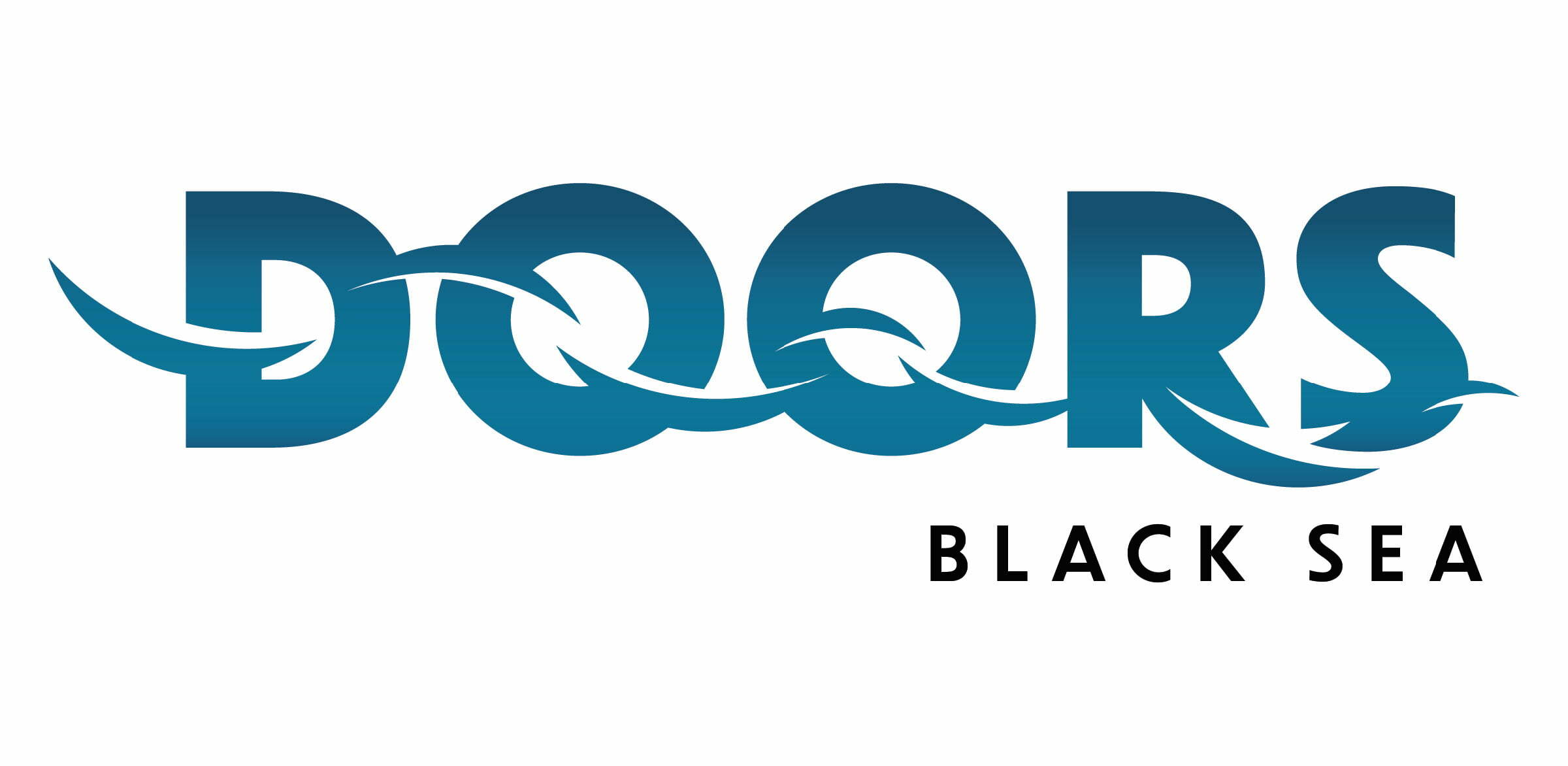
LifeWatch ERIC was proud to represent part of the pan-European contingent of 37 partners in the kick-off meeting for the new EU project ‘DOORS’, led by GeoEcoMar, on 29–30 June 2021. The meeting was launched by Wendy Bonne of the European Commission and Mr Ciprian Teleman, Romanian Minister of Research, Innovation and Digitalisation, who said:
“DOORS represents a clear commitment of the European Union for the Black Sea, which will enable a climate neutral, sustainable and productive blue economy. Education, Research and innovation is the Golden Triangle for the knowledge-based economy to strengthen the links between Romanian and European scientists.”
But what is DOORS?
DOORS is a €9m Horizon 2020 project* that stands for ‘Developing Optimal and Open Research Support’ in the Black Sea, which is infamously the world’s most polluted. It will link science, policy and industry for critical Black Sea regeneration, bringing together expertise and technology from institutions from the Black Sea region and other European countries to address the human and climate change impacts on damaged ecosystems.
What exactly will it do?
DOORS will develop a common framework of scientific methods for gathering data, allowing partners to better understand the complex marine processes that happen across the Black Sea. The project will provide a system that will bring together information from in-situ measurements, research cruises, satellite observation, modelling and data integration capabilities.
Alongside the integration of scientific knowledge sharing, it is a fundamental objective for DOORS to engage with wider society. By providing mechanisms for business to link with research, DOORS will create new job opportunities for emerging Blue Growth economies through new synergies and mentoring schemes; the first of its kind to be setup in the Black Sea. Key initiatives that engage schools, universities and general citizens of the region will promote behaviour change and celebrate best practice, influencing future policy, Blue Growth and the health of Black Sea communities.
What role will LifeWatch ERIC play?
LifeWatch ERIC will be participating in Work Package 2: Harmonisation; 6: Blue Growth; 7: Capacity Building; 8: Stakeholder Engagement; and 9: Dissemination and Communication. Alberto Basset, Service Centre Director and project coordinator for LifeWatch ERIC, noted:
“LifeWatch ERIC’s strong ties with the biodiversity and ecosystem research communities, along with its specialist knowledge in data integration and providing training activities will ensure the infrastructure’s contribution to all three of the DOORS project’s core pillars: System of Systems, Blue Growth Accelerator and Knowledge Transfer and Training. We look forward to strengthening and establishing connections in the Black Sea research community through DOORS, confident that the results of this project will be advantageous for both citizens and scientists of the Black Sea area, as well as Europe as a whole.”
Click here for the DOORS website. You can also follow its activities on Twitter, Facebook and Instagram.
*grant agreement No. 101000518